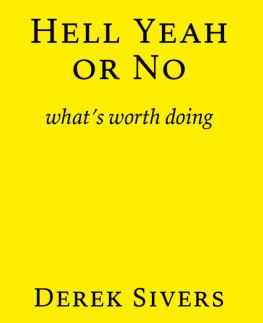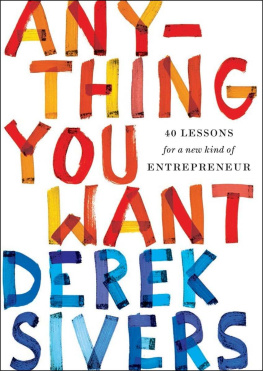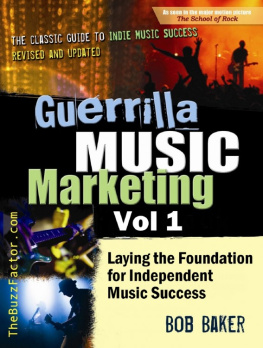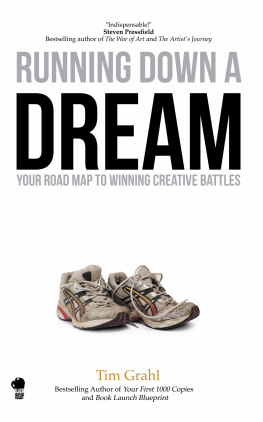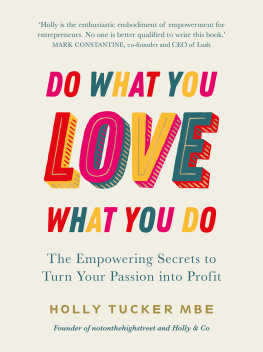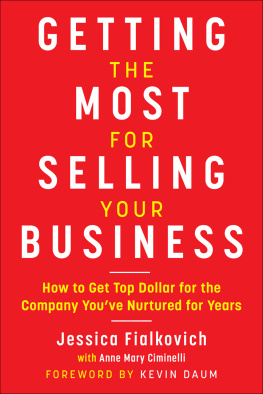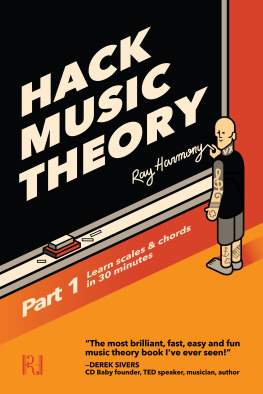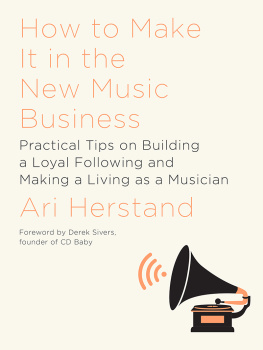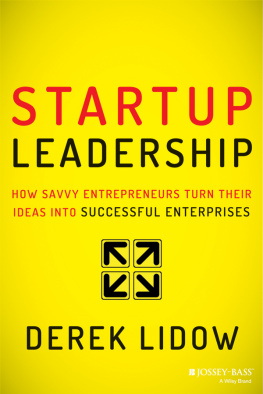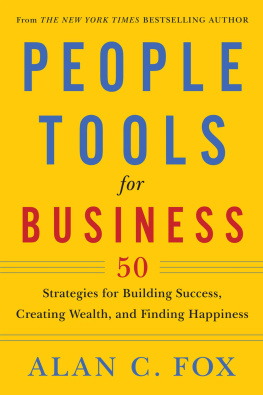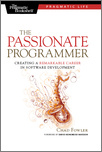
ANYTHING
YOU WANT
2011 Derek Sivers
The Domino Project
Published by Do You Zoom, Inc.
The Domino Project is powered by Amazon. Sign up for updates and free stuff at www.thedominoproject.com.
This is the first edition. If you'd like to suggest a riff for a future edition, please visit our website.
Sivers, Derek, 1969
Anything You Want: 40 lessons for a new kind of entrepreneur / Derek Sivers
p. cm.
ISBN 978-1-936719-11-2
utopia
Printed in the United States of America
ANYTHING
YOU WANT
40 LESSONS FOR A NEW KIND OF ENTREPRENEUR
By Derek Sivers
Founder of CD Baby


Contents
Ten years of experience in one hour
From 1998 to 2008, I had this wild experience of starting a little hobby, accidentally growing it into a big business, and then selling it for $22 million. So now people want to hear my thoughts.
People ask me about that experience, so I tell stories about how it went for me. Many of them are about all the things I did wrong. I made some horrible mistakes.
People ask my advice on how to approach situations in their lives or businesses, so I explain how I approach things. But my approach is just one way, and I could argue against it as well.
I'm not really suggesting that anyone should be like me. I'm pretty unusual, so what works for me might not work for others. But enough people thought that my stories and the philosophies I developed from this experience were worth sharing, so here we are.
This is most of what I learned in ten years, compacted into something you can read in an hour.
I hope you find these ideas useful for your own life or business. I also hope you disagree with some of them. Then I hope you email me to tell me about your different point of view, because that's my favorite part of all.
(I'm a student, not a guru.)
What's your compass?
Most people don't know why they're doing what they're doing. They imitate others, go with the flow, and follow paths without making their own.
They spend decades in pursuit of something that someone convinced them they should want, without realizing that it won't make them happy.
Don't be on your deathbed someday, having squandered your one chance at life, full of regret because you pursued little distractions instead of big dreams.
You need to know your personal philosophy of what makes you happy and what's worth doing.
In the following stories, you'll notice some common themes. These are my philosophies from the ten years I spent starting and growing a small business.
- Business is not about money. It's about making dreams come true for others and for yourself.
- Making a company is a great way to improve the world while improving yourself.
- When you make a company, you make a utopia. It's where you design your perfect world.
- Never do anything just for the money.
- Don't pursue business just for your own gain. Only answer the calls for help.
- Success comes from persistently improving and inventing, not from persistently promoting what's not working.
- Your business plan is moot. You don't know what people really want until you start doing it.
- Starting with no money is an advantage. You don't need money to start helping people.
- You can't please everyone, so proudly exclude people.
- Make yourself unnecessary to the running of your business.
- The real point of doing anything is to be happy, so do only what makes you happy.
What do these statements mean? What's the context? How are you supposed to apply them to your own situation?
Well... I don't love talking about myself, but for the lessons to make sense, I have to tell you my tale.
Just selling my CD
This story begins in 1997. I was a professional musician, age 27. I was making a full-time living just playing musicplaying lots of gigs around the U.S. and Europe, producing people's records, playing on people's records, and running a little recording studio. I was even the musician and MC for a circus.
My bank account was always low, but never empty. I made enough money to buy a house in Woodstock, New York. I was living a musician's dream.
I made a CD of my music, and sold 1500 copies at my concerts. I wanted to sell it online, but there were no businesses that would sell independent music online. Not one. I called up the big online record stores and they all told me the same thing: the only way I could get my CD into their online stores was through a major distributor.
Music distribution was an awful racket. Getting a distribution deal was as hard as getting a record deal. Distributors were notorious for taking thousands of CDs, and paying you a year later, if ever. Record labels with deep pockets would buy expensive promotional placement, and the rest of us would just sit in the bin. If you didn't sell well in the first few months, you were kicked out of the system.
It's not that distributors were evil. It was just an awful system, and I wanted nothing to do with it.
So when the big online record stores told me they couldn't sell my CD directly, I thought, Ah, screw it. I'll just set up my own online store. How hard could it be?
But it was hard! In 1997, PayPal didn't exist, so I had to get a credit card merchant account, which cost $1000 in setup fees and took three months of paperwork. The bank even had to send an inspector out to my location to make sure I was a valid business. Then I had to figure out how to build a shopping cart. I didn't know any programming, but I copied some examples from a programming book, with lots of trial and error.
Finally, though, I had a BUY NOW button on my website! In 1997 this was a big deal.
When I told my musician friends about my BUY NOW button, one friend asked, Could you sell my CD, too?
I thought about it for a minute and said, Sure. No problem. I just did it as a favor. It took me a couple hours to get him added into my system. I made a separate page for his CD on my band's website.
Then two other friends asked if I could sell their CDs. Then I started getting calls from strangers saying, My friend Dave said you could sell my CD? The calls and emails kept coming. I said yes to all.
Two popular online music leaders announced it to their mailing lists. (Bryan Baker from Gajoob, and David Hooper. Thanks, guys!) Fifty more musicians signed up.
This was meant to be just a favor I was doing for a few friends. Hmmm....
Make a dream come true
Selling my friends' CDs was starting to take up a lot of my time. I realized I had accidentally started a business. But I didn't want to start a business! I was already living my dream life as a full-time musician. I didn't want anything to distract me from that.
So, I thought that by taking an unrealistically utopian approach, I could keep the business from growing too much. Instead of trying to make it big, I was going to make it small. It was the opposite of ambition, so I had to think in a way that was the opposite of ambitious.
I wrote down my utopian dream-come-true distribution deal from my musician's point of view. In a perfect world, my distributor would...
- Pay me every week.
- Show me the full name and address of everyone who bought my CD. (Because those are my fans, not the distributor's.)


